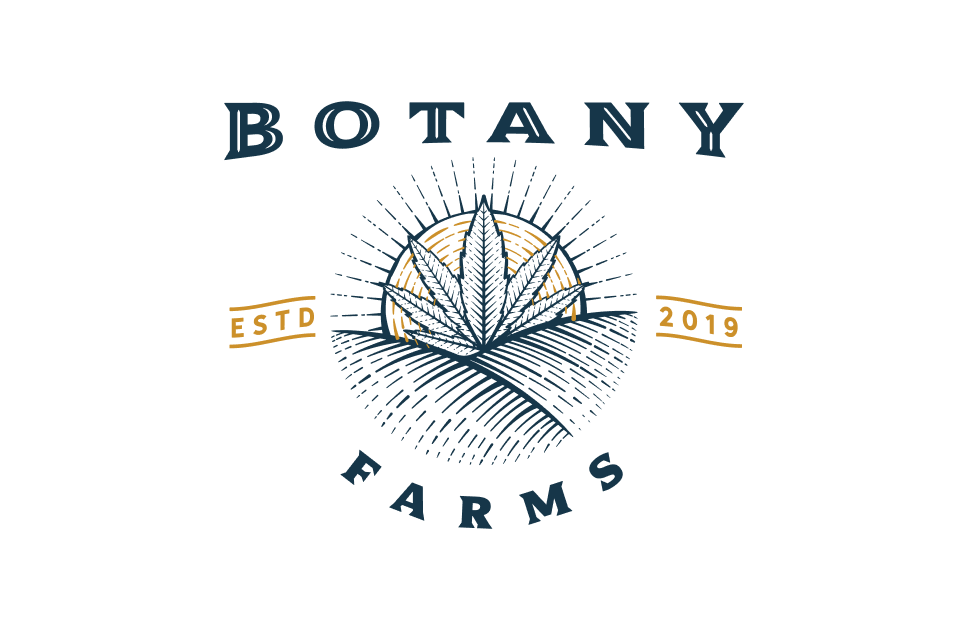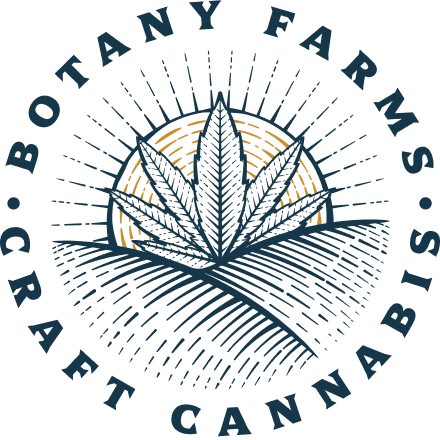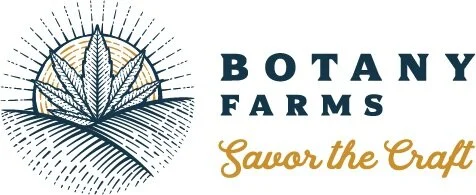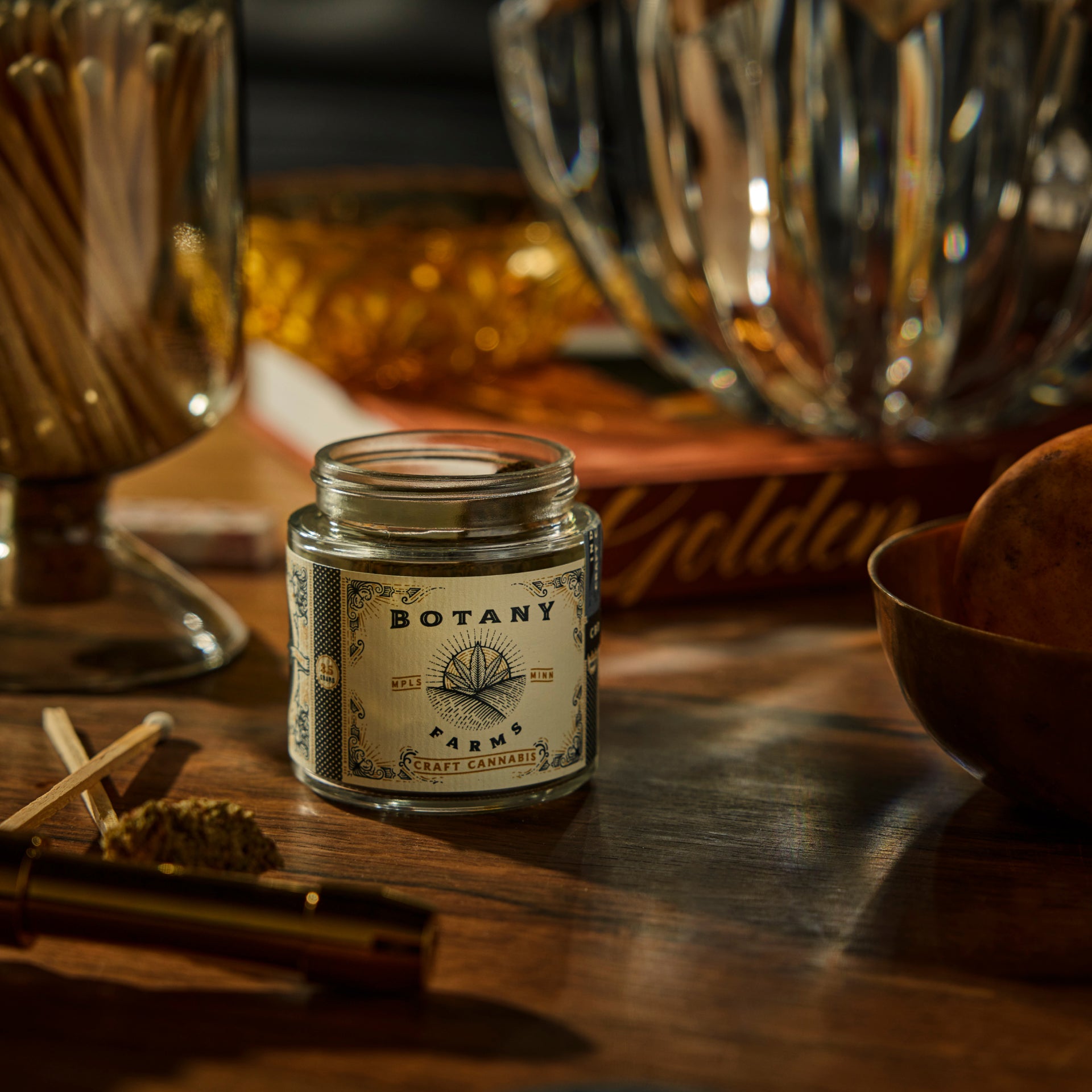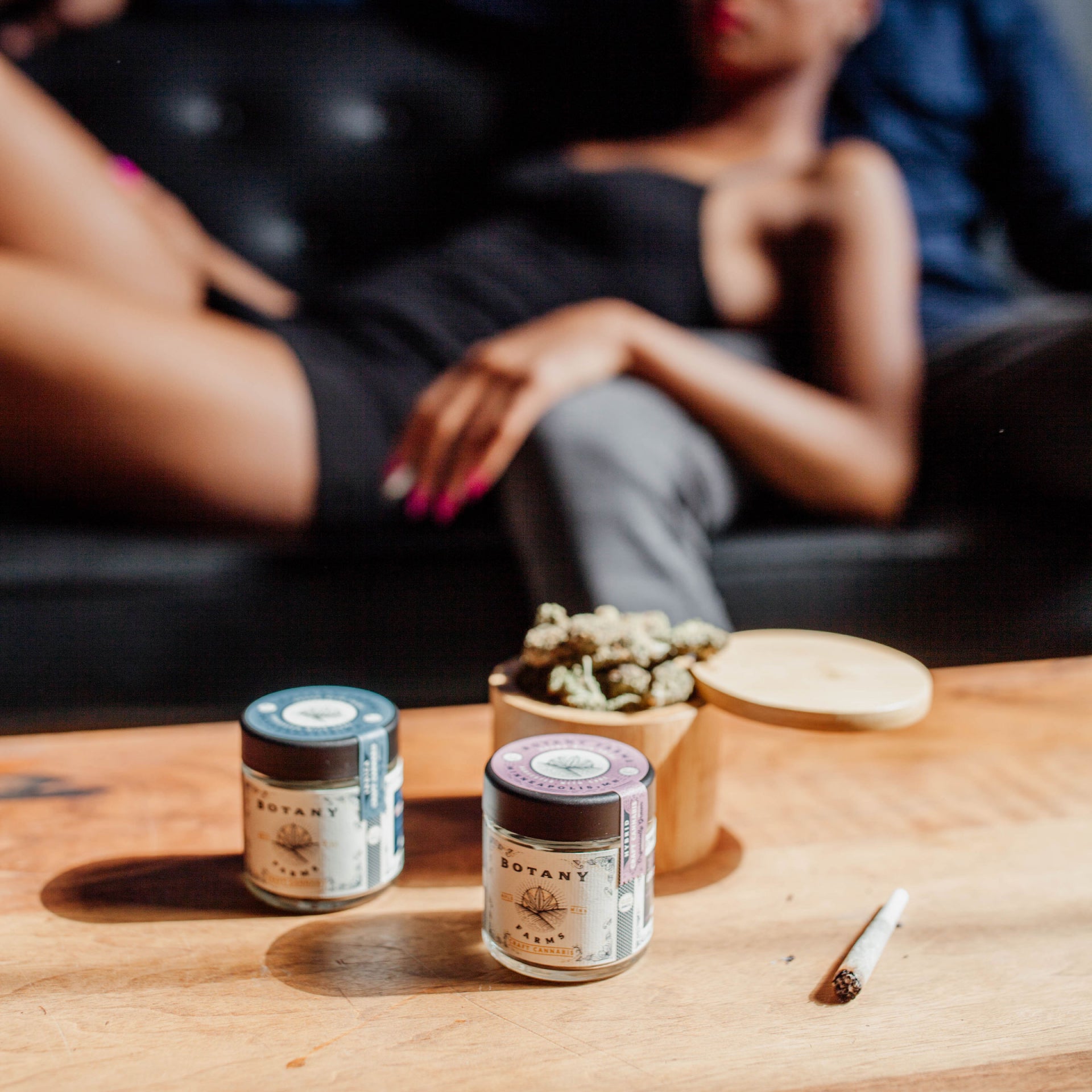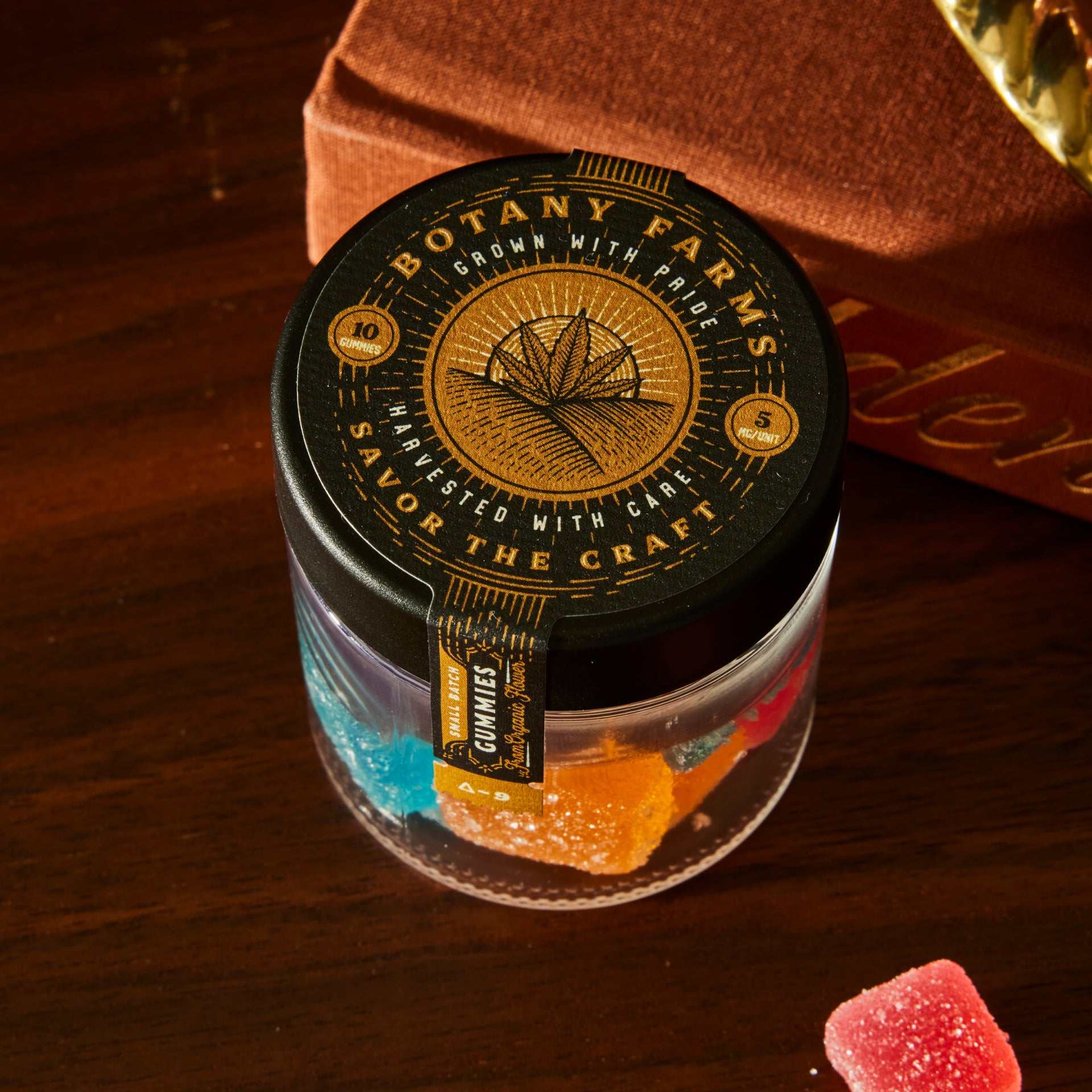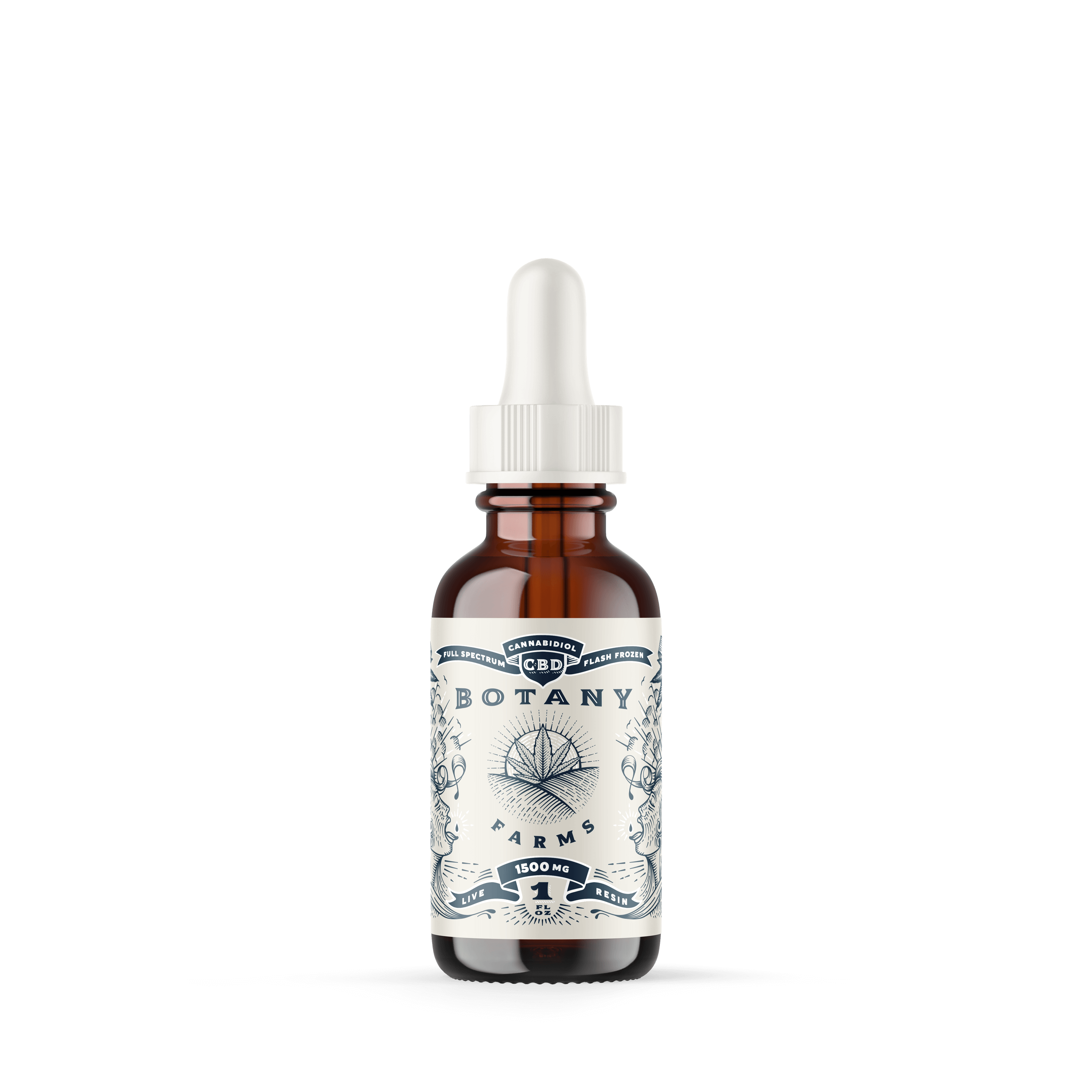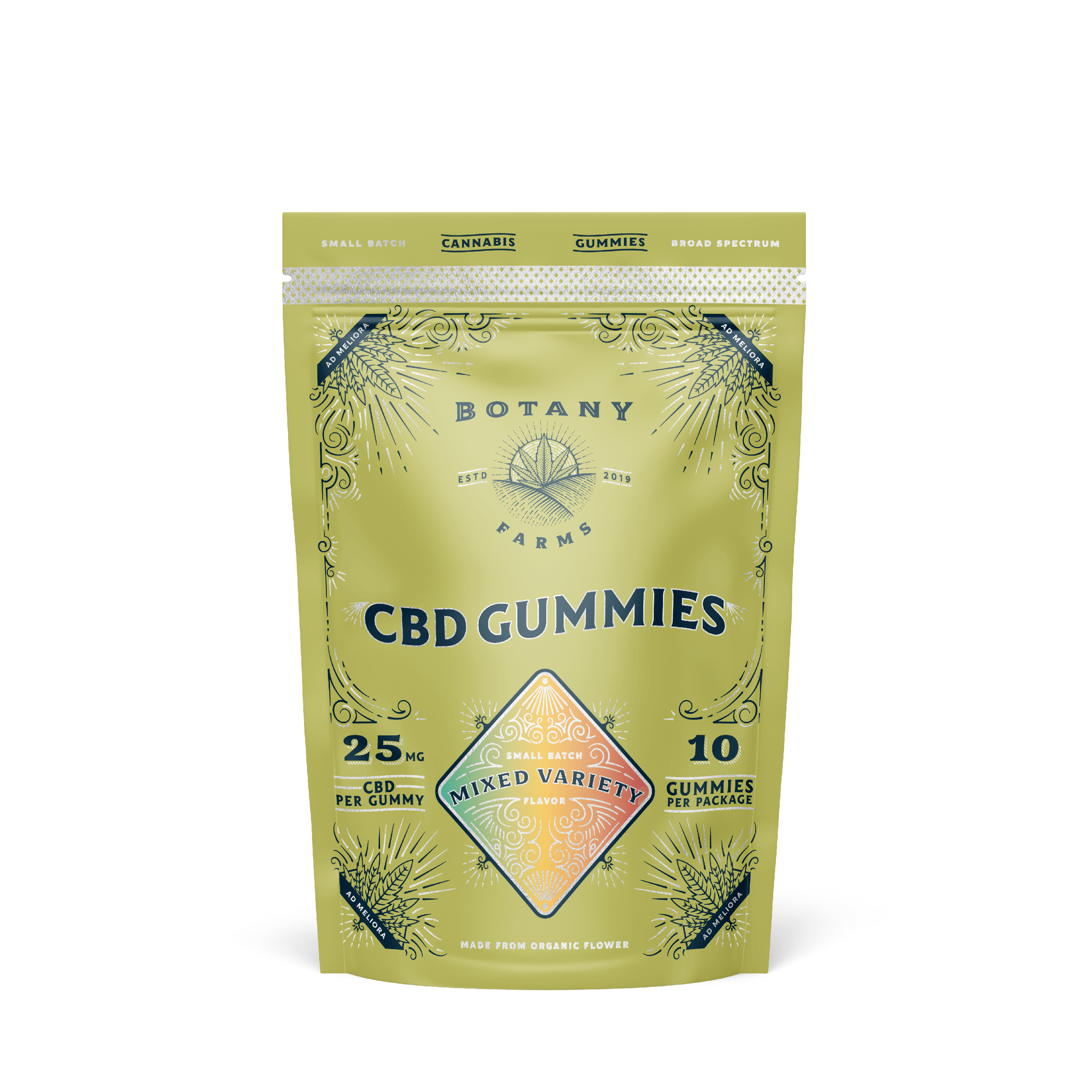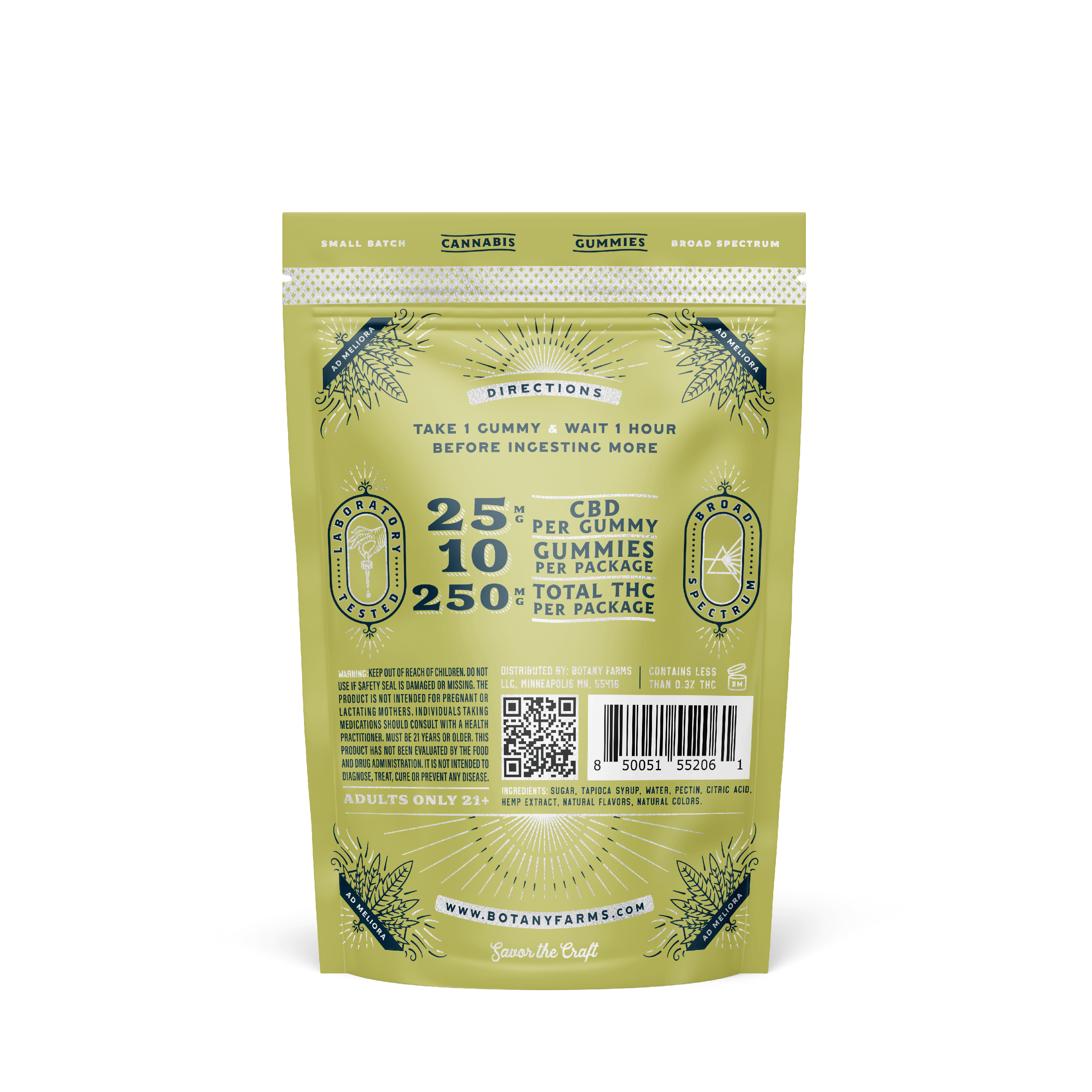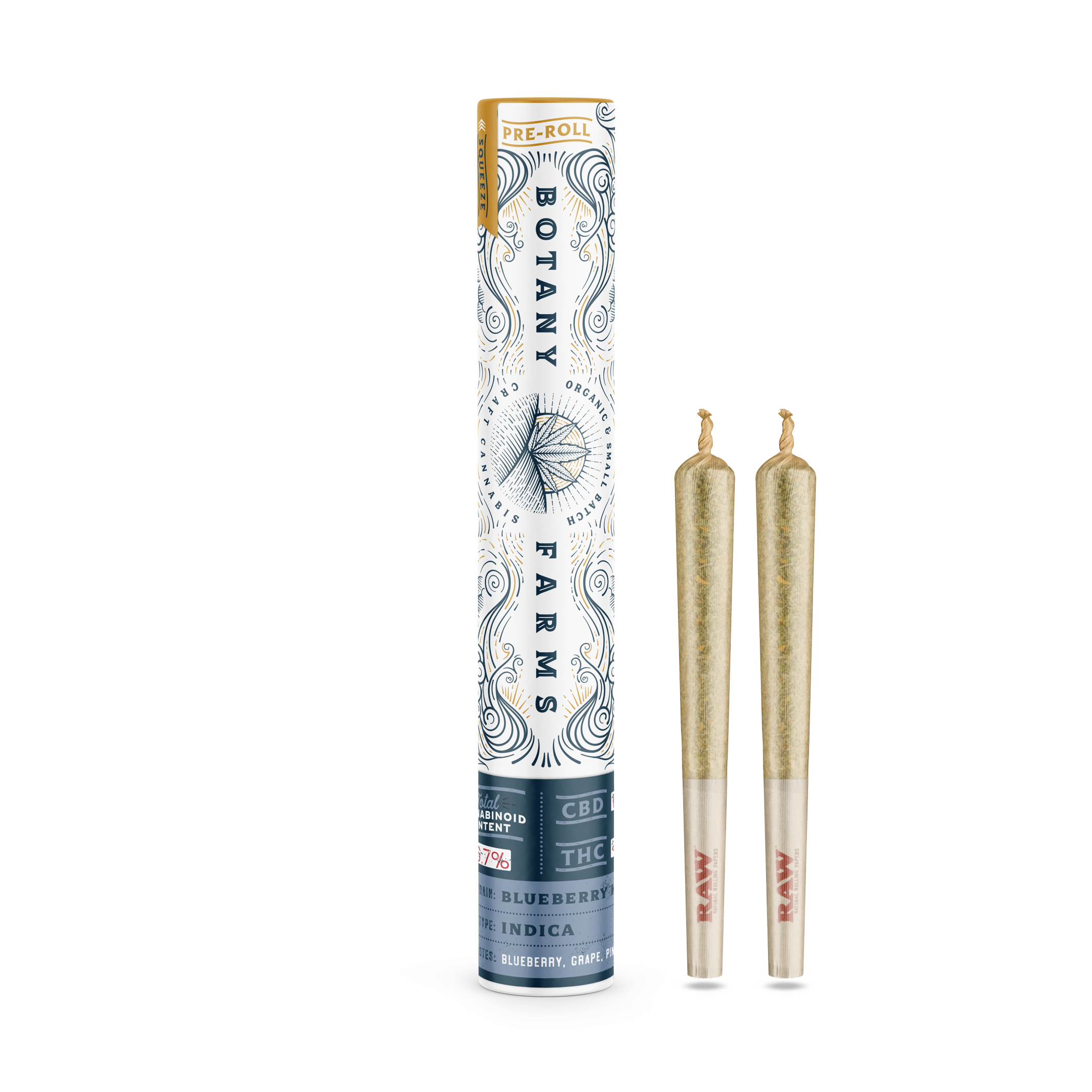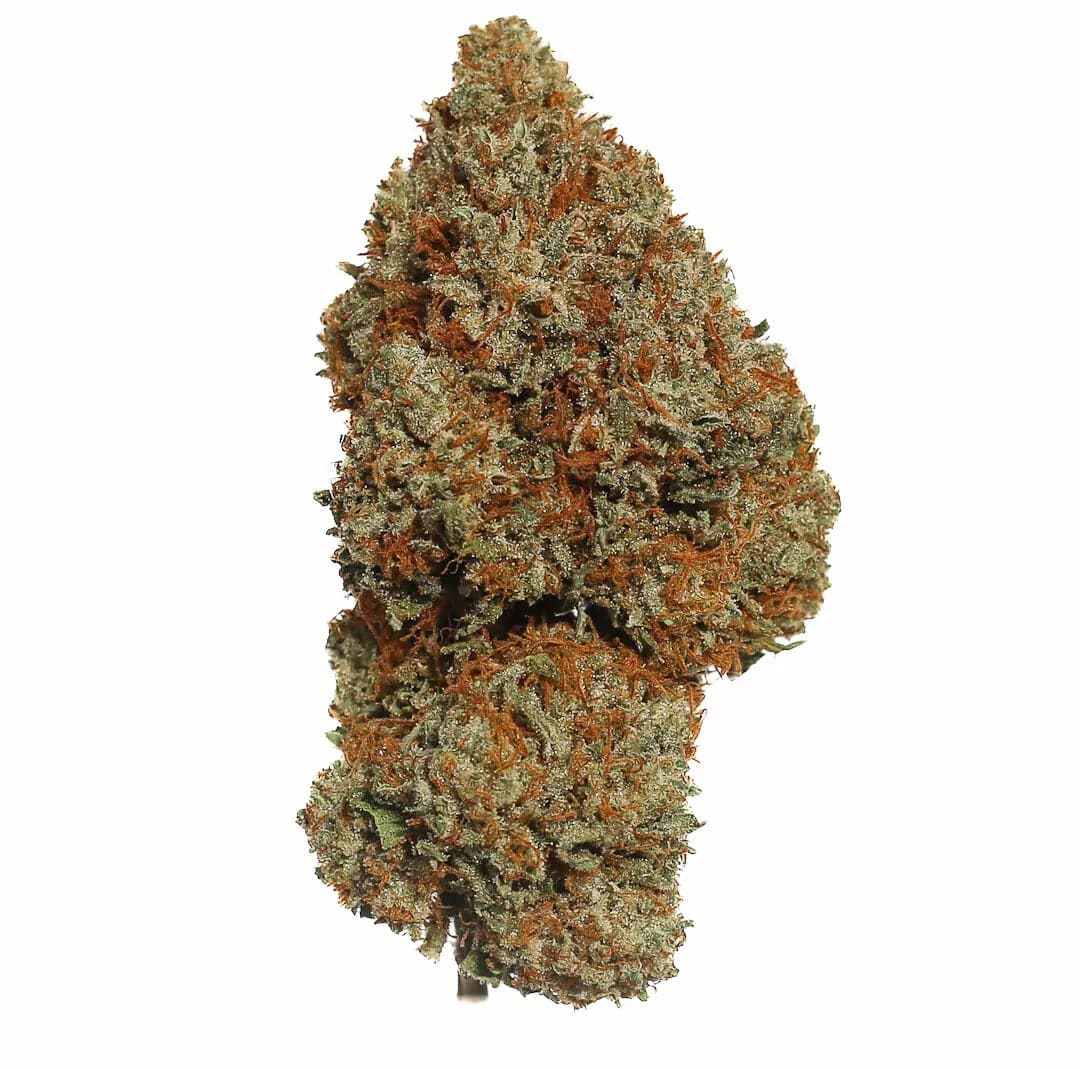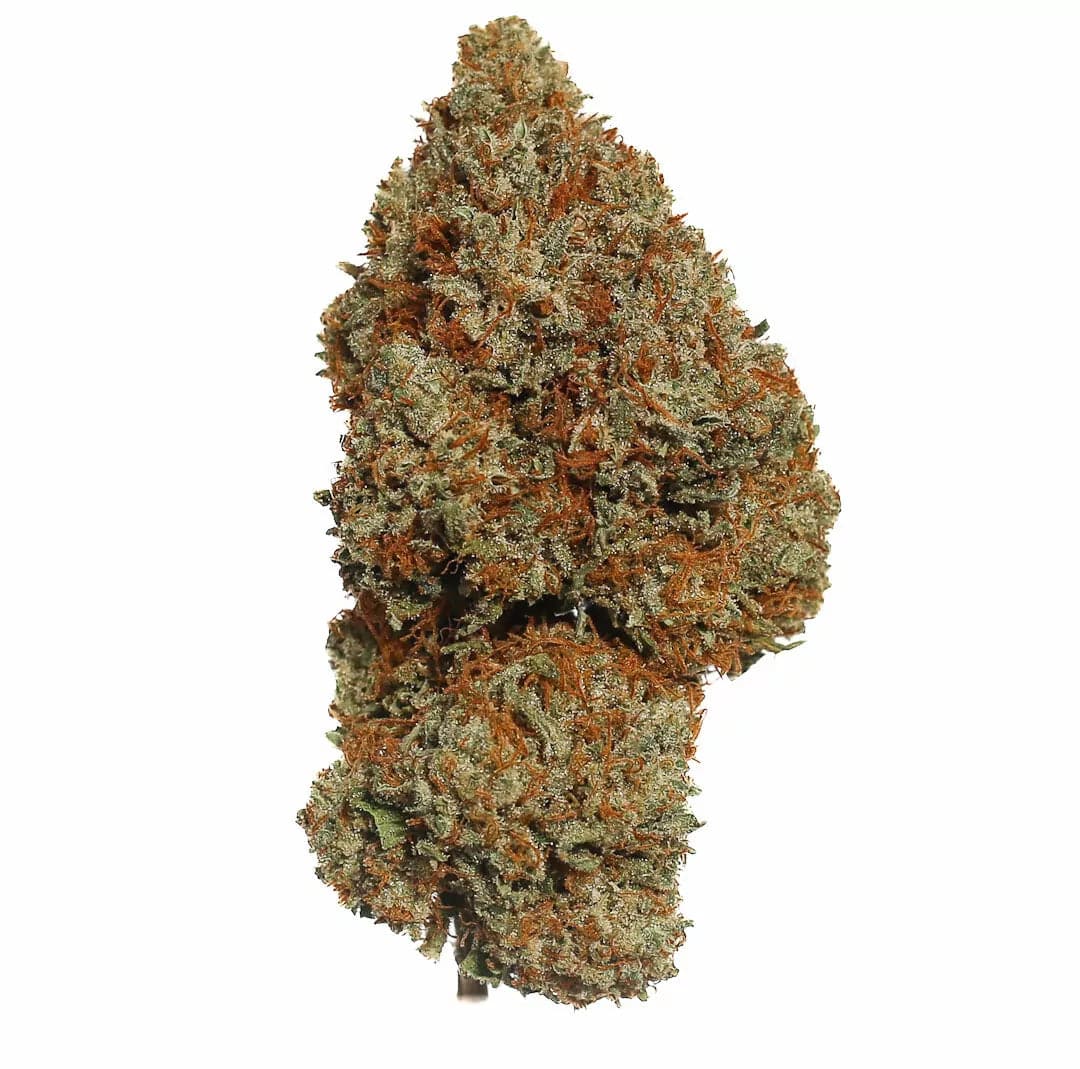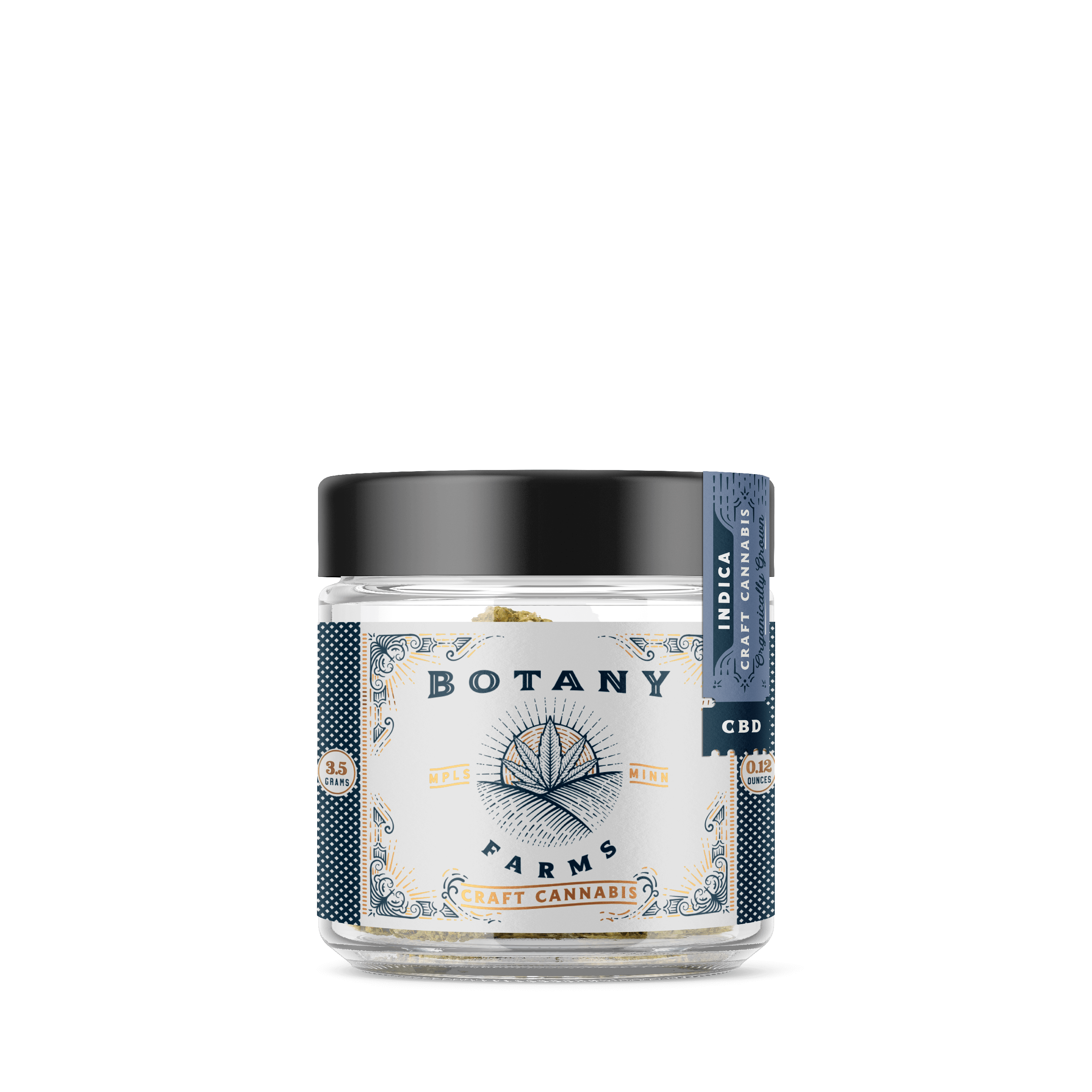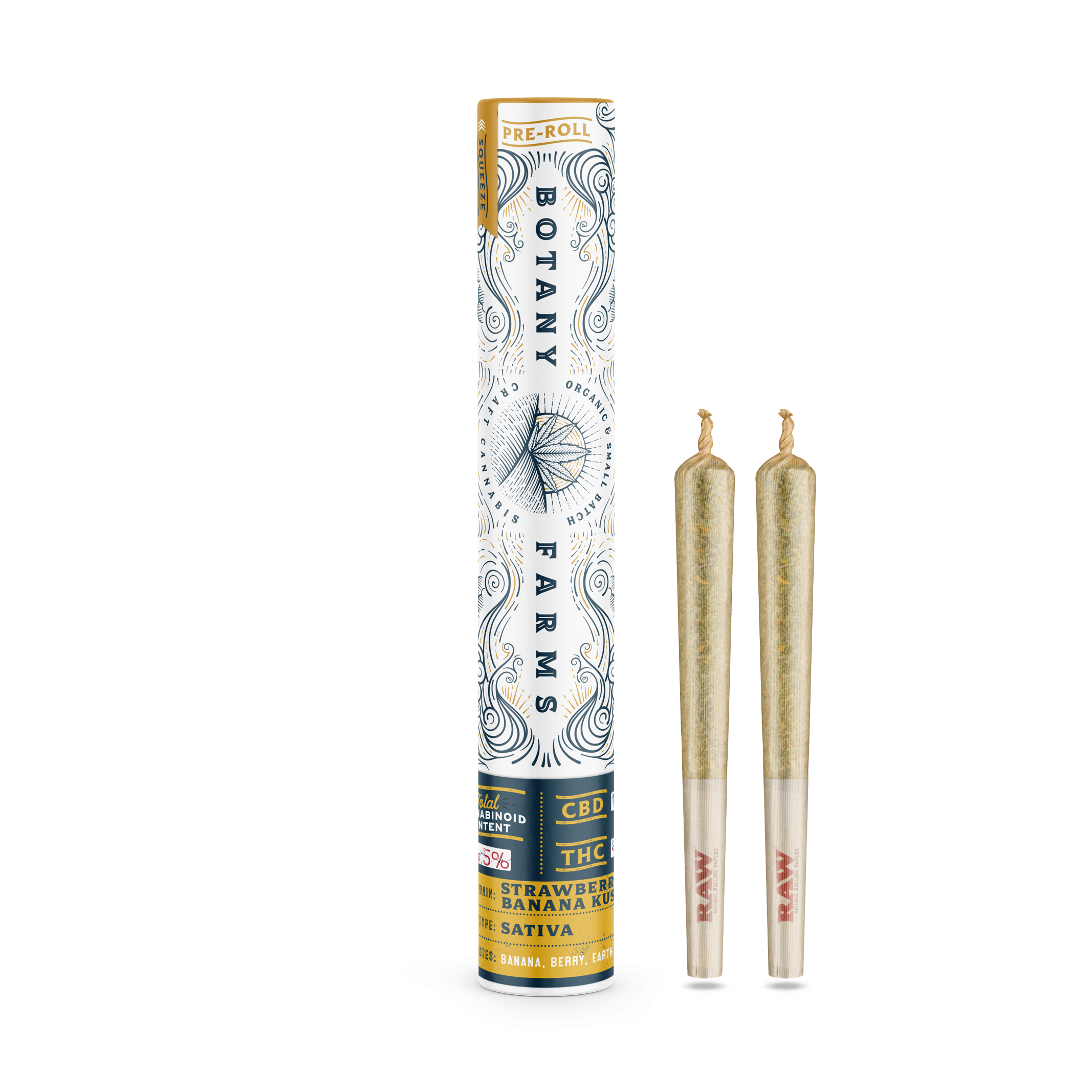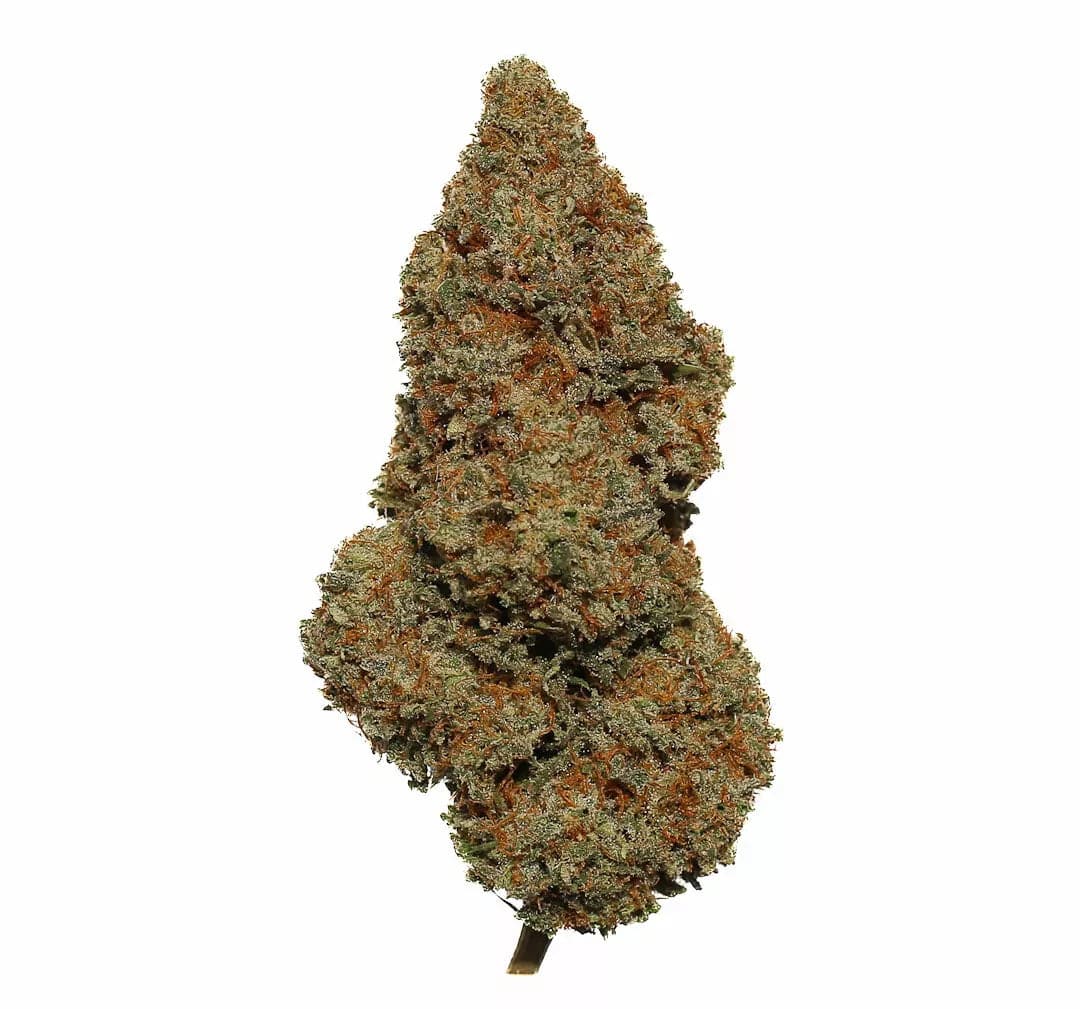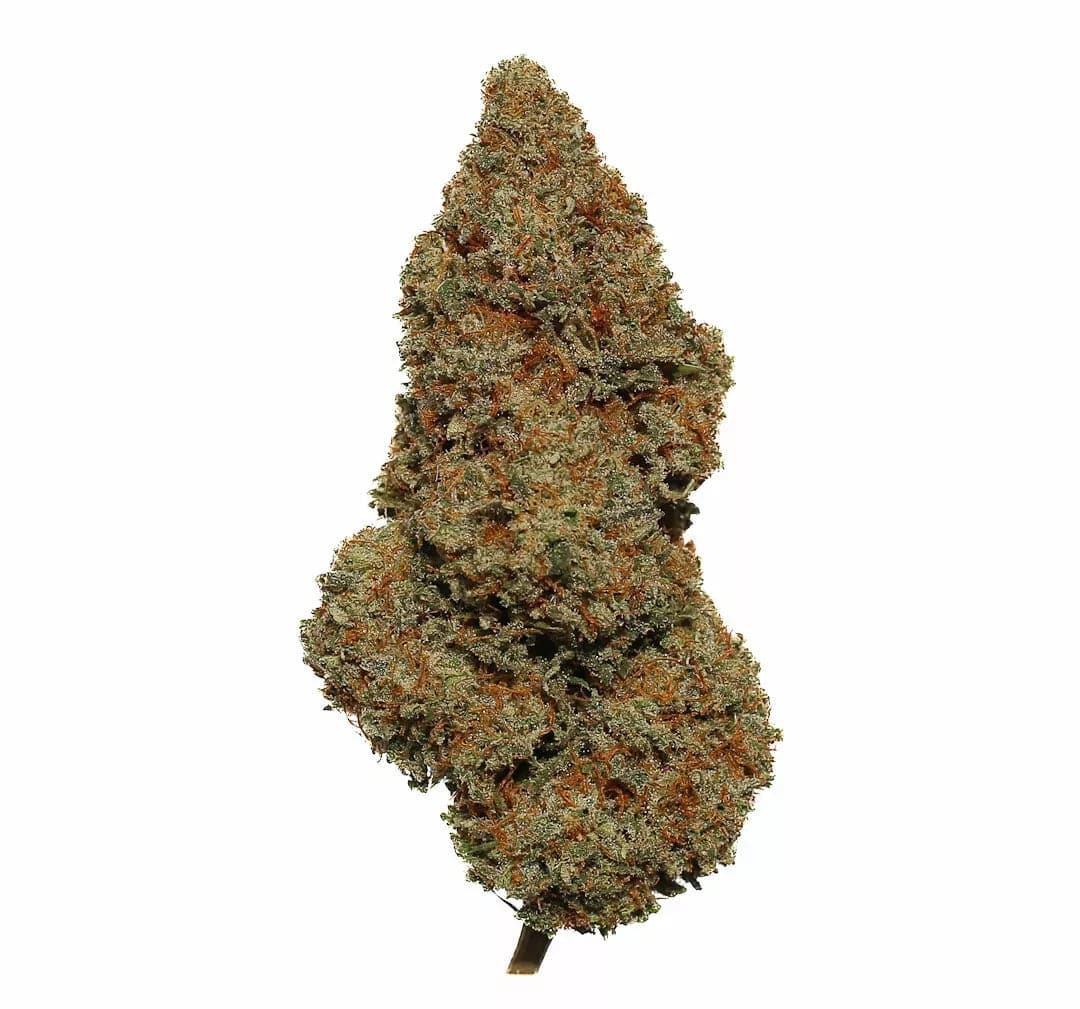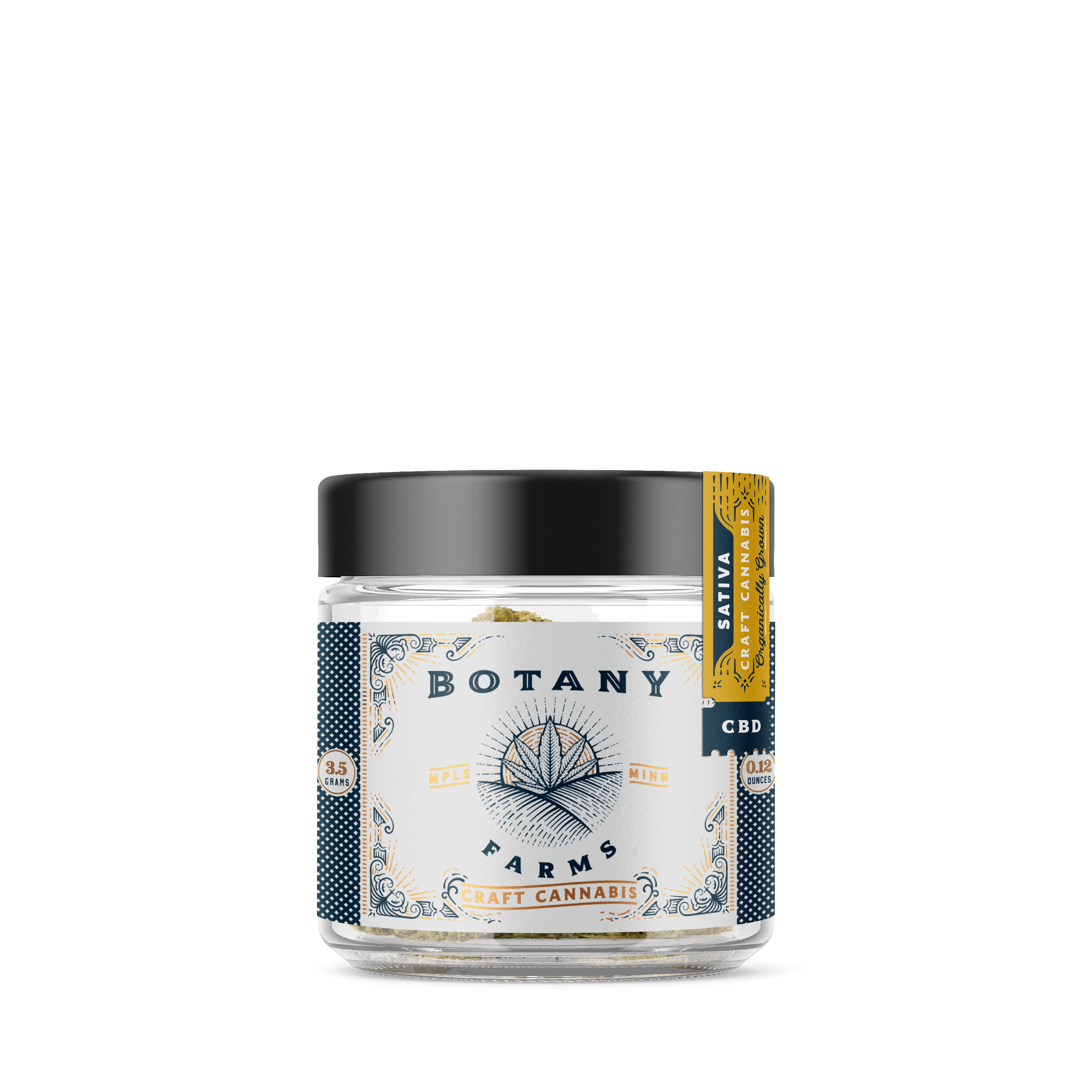Disclaimer: The information provided here is intended solely for informational and entertainment purposes. It should not be used as a substitute for professional medical advice, diagnosis, or treatment. Always seek the advice of your physician or other qualified health provider with any questions you may have regarding a medical condition or treatment and before undertaking a new health care regimen. Never disregard professional medical advice or delay in seeking it because of something you have read here.
The growing CBD market constantly brings us unique products, like CBD-infused alcohol. But is that actually safe? How can a healthy compound pair well with a potentially dangerous drink?
In this article, let us walk you through the CBD and alcohol debate to debunk several myths about this unusual duo. If you are looking for a CBD tincture for your next rough morning, or in a mocktail, give Botany Farms a try!
Key Takeaways:
-
CBD and Alcohol Interaction: Mixing the two may compliment many of alcohol’s downsides while worsening its sedative effects (the same kind of but less intense effect one feels with sleep aids such as Benadryl), so proceed with caution and moderation when using along with alcohol.
-
CBD For Hangover Symptoms – CBD may be able to offer natural support for fighting the symptoms of a hangover, by using your body’s own endocannabinoid system to relieve nausea, headaches and hangover-related anxiety.
-
CBD Mocktails: alternate (alcohol-free) drinks in place of booze Help reduce alcohol use and note that mocktails could be a great cultural development for people actively looking to decrease their alcohol use or even cope with withdrawal symptoms.
What is CBD
CBD mainly comes from hemp, a plant that has been around for thousands of years. When incorporating this amazing cannabinoid into our daily routine, we may sleep better, feel motivated, and enhance our wellness. For these reasons, CBD has become a great treatment for users who want to avoid the high that THC generates, and because of its non-intoxicating nature, it is federally legal in the U.S.
How does CBD Work?
Our body’s endocannabinoid system (ECS) is involved in regulating several essential functions, such as metabolism, mood, sleep patterns, pain responses, and temperature. Although we produce natural endocannabinoids, anandamide, and 2-AG, some people don’t produce enough to maintain balance.
That’s when CBD comes to the rescue. Like any other cannabinoid, CBD interacts with the ECS by binding to certain receptors. As a result, it can send the signals necessary for an efficient and healthy body.
Although THC also interacts with our endocannabinoid receptors, it creates intoxicating effects that make us feel high, which not everyone is down to experience. Luckily, CBD is non-intoxicating, meaning it will give you all the benefits of cannabis without the high.
Mixing CBD and Alcohol
While mixing CBD and alcohol may not look like a match made in heaven, careful consumption could actually lead to an enhanced experience. Some studies show that mixing CBD and alcohol may protect your body against some of the latter’s negative effects.
For instance, animal studies show that CBD helps protect against alcohol-induced fatty liver disease. In addition, one study in rats proved that CBD gel on the skin decreased brain-cell damage caused by alcohol abuse by up to 49%. Although there is little research on CBD and its effects on alcohol addiction, some researchers believe CBD helps reduce addiction and withdrawal symptoms.
A study found that taking CBD helps decrease motivation to consume alcohol and prevents relapse. That is one of the reasons why many take CBD for several addictions, including nicotine, opioids, and heroin addiction. Moreover, other animal lab test results show that beer taken with CBD can reduce oxidative liver stress and the neurodegenerative effects of alcohol. Still, these studies don’t mean that mixing CBD and alcohol doesn’t come with certain risks.
CBD and Alcohol May Amplify Each Other's Effects
Even if you don’t take these two simultaneously, consuming either CBD or alcohol 4-8 hours before the other can amplify each other’s effects. Alcohol modifies our moods, motor coordination, and speech since it depresses the central nervous system.
Hence, taking CBD with alcohol will increase those effects, making you feel even more sedated, and its effects last longer. Mixing CBD and alcohol isn’t dangerous if you take moderate dosages of both compounds.
Although we still need research to understand better how taking CBD and alcohol together can cause several effects, it goes without saying that you must be careful when combining these two compounds, like in CBD wine or Hemp Beer, as you put yourself at greater risk of injury due to limited motor coordination.
CBD and Blood Alcohol Levels
A 1979 study, published in the Psychopharmacology journal, found that people who took 200 mg of CBD mixed with alcohol had lower blood alcohol concentration (BAC) than participants who consumed alcohol alone. High blood alcohol levels conduct to a significant level of intoxication, loss of motor coordination, and alterations in your mood and judgment.
However, the evidence we have of CBD lowering blood alcohol levels isn’t very formal yet, and as the mentioned study was conducted several decades ago using higher CBD dosages than average, we still need more research to determine how CBD affects blood alcohol levels.
CBD for Hangovers: Can it help?
Sometimes we forget we have reached our limit, and a dreadful hangover comes to remind us of it. As a result, we wake up with nausea, headaches, trembling hands, and even a rapid heartbeat.
Fortunately, hemp is an extremely healing plant. Although using CBD for hangover won’t completely relieve your aches, it can definitely help you treat some of the most common symptoms of a hangover, such as headaches and nausea.
Moreover, you can take care of your body by using CBD for hangover to provide your brain with neuroprotective and antioxidant properties. However, you need to remember that CBD works differently for every person, so a standard dosage will depend on your body.
CBD for Nausea Relief
The ECS can regulate nausea and vomiting. Thus, it doesn’t come as a surprise that cannabinoids like CBD can actually help us treat nausea and vomiting, especially for people with cancer who receive chemotherapy treatment.
When CBD binds to several receptors in our body, it suppresses nausea, helping our body mediate the activation of other receptors in charge of sending our body signals to vomit. Thus, consuming CBD for treating nausea after a wild night of heavy drinking may help you reduce your symptoms.
CBD for Headaches
CBD eases pain by interacting with the endocannabinoid system, allowing you to manage pain and inflammation.
In fact, a 2017 review concluded that there is enough anecdotal evidence to warrant that CBD for headaches is an excellent alternative to standard medications. Pair this compound with hydration, and your headache will soon disappear.
CBD for Hangxiety
Many people suffer from anxiety when waking up after drinking alcohol once they notice they can’t remember many important details. We fail to remember what we did, where we went, or if we did something wrong, generating a significant sensation of guilt and nervousness.
Luckily for you, CBD helps regulate GABA receptors, which help reduce nerve impulses, making you feel balanced and at ease. These neurotransmitters ofter become affected after excessive alcohol ingestion, so a few drags of a CBD flower can help you get back to a relaxed state.
CBD for Alcohol Withdrawal
Again, we need more research to say for sure that CBD can help us treat certain conditions, including alcohol withdrawal. Still, some studies found that CBD may help reduce cravings and minimize the harms associated with alcoholism, like liver toxicity.
Like any other abstinence, alcohol withdrawal can be life-threatening if handled improperly. That’s why patients need to go to the doctor and seek medical supervision before ceasing alcohol use and taking CBD for alcohol withdrawal.
CBD for Alcohol Cravings
Alcohol cravings can vary depending on the individual, but they represent a natural symptom of addiction. When we crave alcohol, we develop a state of anticipation, which can make us feel aroused or have depressed heart rates.
As a result, many people go back to old habits to stop feeling these sensations. In 2018, a study in mice found that low doses of CBD combined with naltrexone were effective at reducing alcohol consumption than either one alone.
The latter is an FDA-approved drug for treating alcohol use disorder. However, we still need human studies to know if CBD can be used for alcohol cravings.
How long should I wait after taking CBD to drink alcohol?
There is no consensus about how long one should wait before consuming alcohol after taking CBD. Until we have more data, it might be a good idea to not mix the substances at all.
Also worth remembering is that inhaled CBD stays in your system only for a couple of hours but oral forms can remain for 6 hours or longer. Plan accordingly if you choose to consume alcohol and CBD simultaneously.
If you feel sleepy or dizzy, don’t drive or otherwise participate in potentially dangerous activities, such as cooking or playing water sports.
What about CBD and alcohol use disorder?
Another application of CBD might be helping people to reduce and quit drinking; this is the current focus of research on CBD as a treatment of alcohol use disorder. There’s some evidence that CBD may: Minimise brain and liver (along with whole-body) oxyradical damage from alcohol.
Reduce alcohol cravings Reduce alcohol withdrawal symptoms Much of the discussion about CBD – including alcohol use – revolves around the concept of harm reduction, that is, that while CBD too may have its risks, perhaps it is less harmful to the body than alcohol.
Remember, you should not attempt to replace alcohol with CBD yourself – you should consult your healthcare provider first.
What are CBD Mocktails
Given that CBD can help us cut drinking by inhibiting the receptors in our body that send craving signals, many people have started to make CBD mocktails as a way to cope with their withdrawal symptoms.
This drink contains CBD in some way: CBD oil or tincture for the liquid, a sugar mix with CBD oil to rim the glass, or just adding some CBD oil drops on top of the beverage. This drink is alcohol-free and will help you progress in your alcohol withdrawal journey no matter what form you choose.
Mocktails as an Alcohol Substitute
Your brain is to blame for all your alcohol cravings. As it enters a withdrawal phase, it will notice that there are no longer high levels of alcohol in your body, sending signals that something is not okay.
For that reason, using mocktails as an alcohol substitute can actually trick your brain, and in a night out with friends, a mocktail will still make you feel part of the experience without putting yourself at risk.
Our CBD lavender cocktail recipe gives you an easy guide to making a delicious CBD cocktail that you can easily turn into an alcohol-free recipe with CBD tea or sparkling water. With a little practice and the right ingredients, you will soon be able to make a mocktail that tastes just as good as any other fancy drink.
Final Thoughts
We don’t really know exactly how our bodies react to a combination of CBD and alcohol, so the best course of action is to avoid the pairing altogether. When not possible, be sure to take the pairs carefully, as both can be somewhat sedating and each has the potential for liver toxicity at high doses.
There is evolving evidence to suggest that CBD might offer some anti-inflammatory and neuroprotective protection against some of the negative effects of alcohol use disorder. For example, animal studies suggest CBD can reduce cravings and withdrawal symptoms.
However, these findings are just emerging in humans and need a lot more study.
Links to sources used in this article:
- https://www.ncbi.nlm.nih.gov/pmc/articles/PMC4789136/
- https://www.ncbi.nlm.nih.gov/pmc/articles/PMC6390812/
- https://pubmed.ncbi.nlm.nih.gov/120541/
- https://www.ncbi.nlm.nih.gov/pmc/articles/PMC4112960/
- https://www.sciencedirect.com/science/article/pii/S0091305713002104
- https://pubmed.ncbi.nlm.nih.gov/36939855/
- https://www.ncbi.nlm.nih.gov/pmc/articles/PMC3165951/
- https://www.ncbi.nlm.nih.gov/pmc/articles/PMC5436334/
- https://www.ncbi.nlm.nih.gov/pmc/articles/PMC4112960/
Note: This article is provided by Botany Farms for informational purposes only and does not constitute medical advice. The content is intended to offer insights into the practice of dabbing and the use of cannabis concentrates, reflecting current knowledge and research within these areas. It is not aimed at diagnosing, treating, curing, or preventing any diseases or health conditions. As the legal status of cannabis varies across different regions, it is the responsibility of the reader to be informed about their local laws regarding cannabis use. Botany Farms advises all readers to consult with a healthcare professional before making any decisions about cannabis consumption to understand fully the potential risks and benefits. Botany Farms and the authors of this content disclaim all liability for any adverse effects that may arise from the use of information provided in this article.
